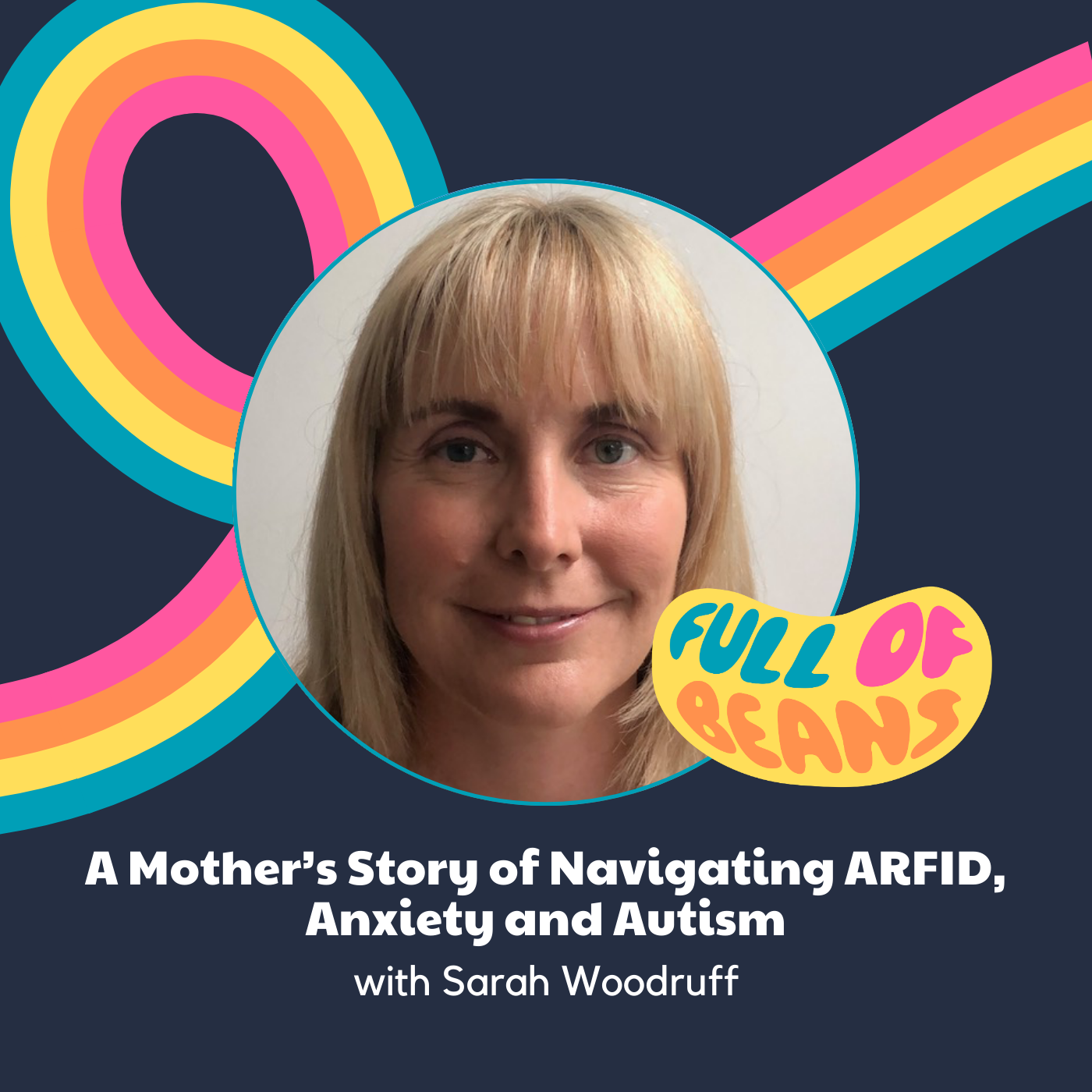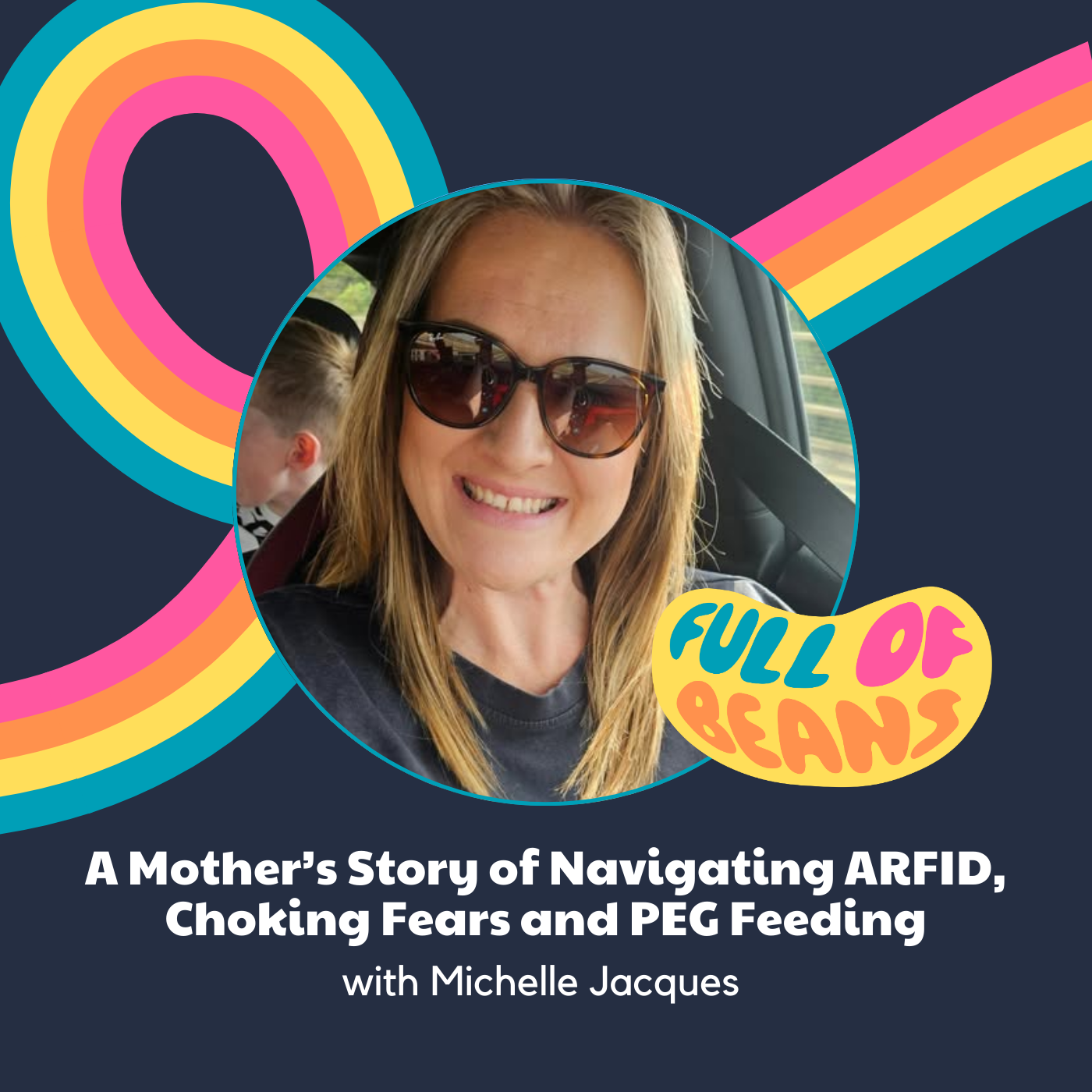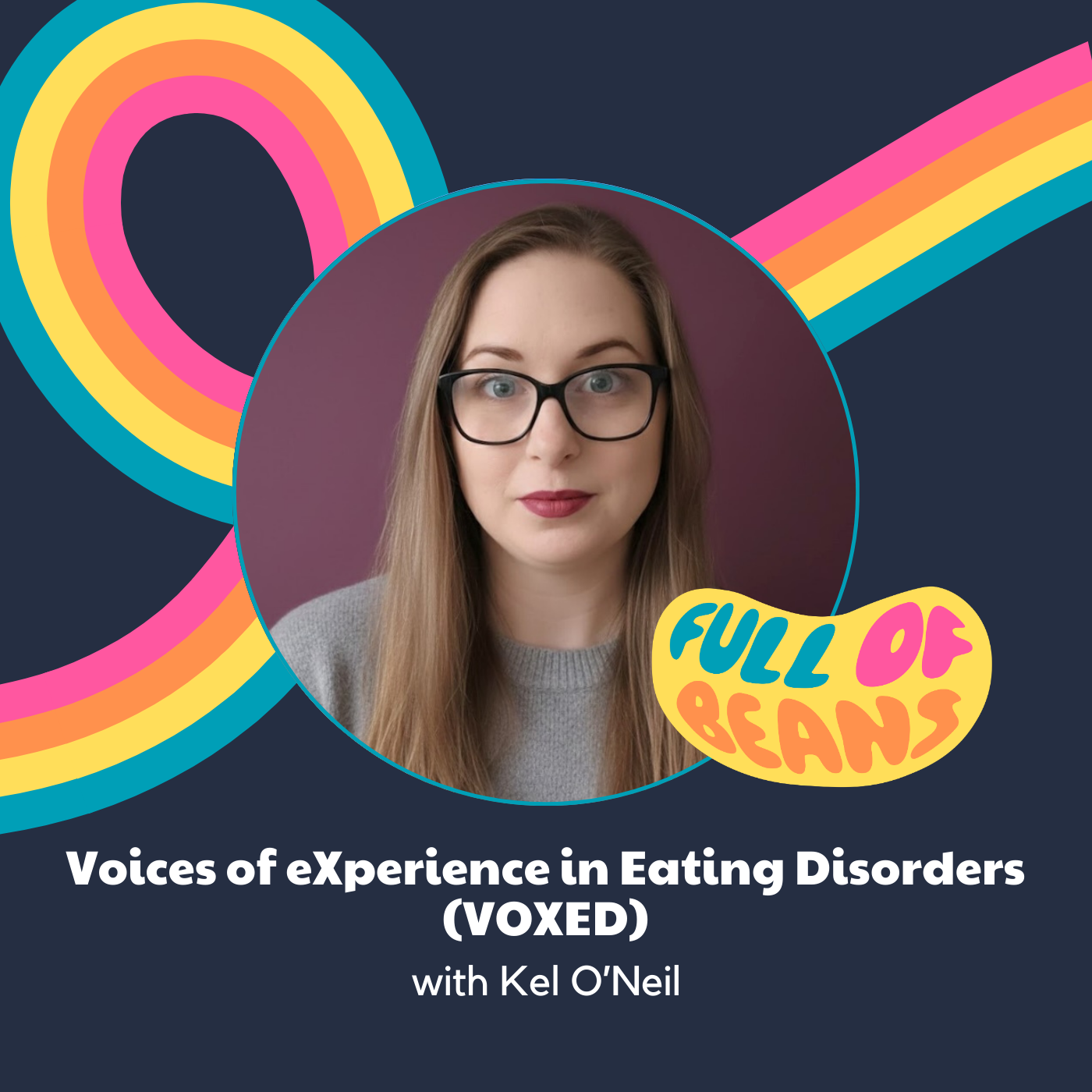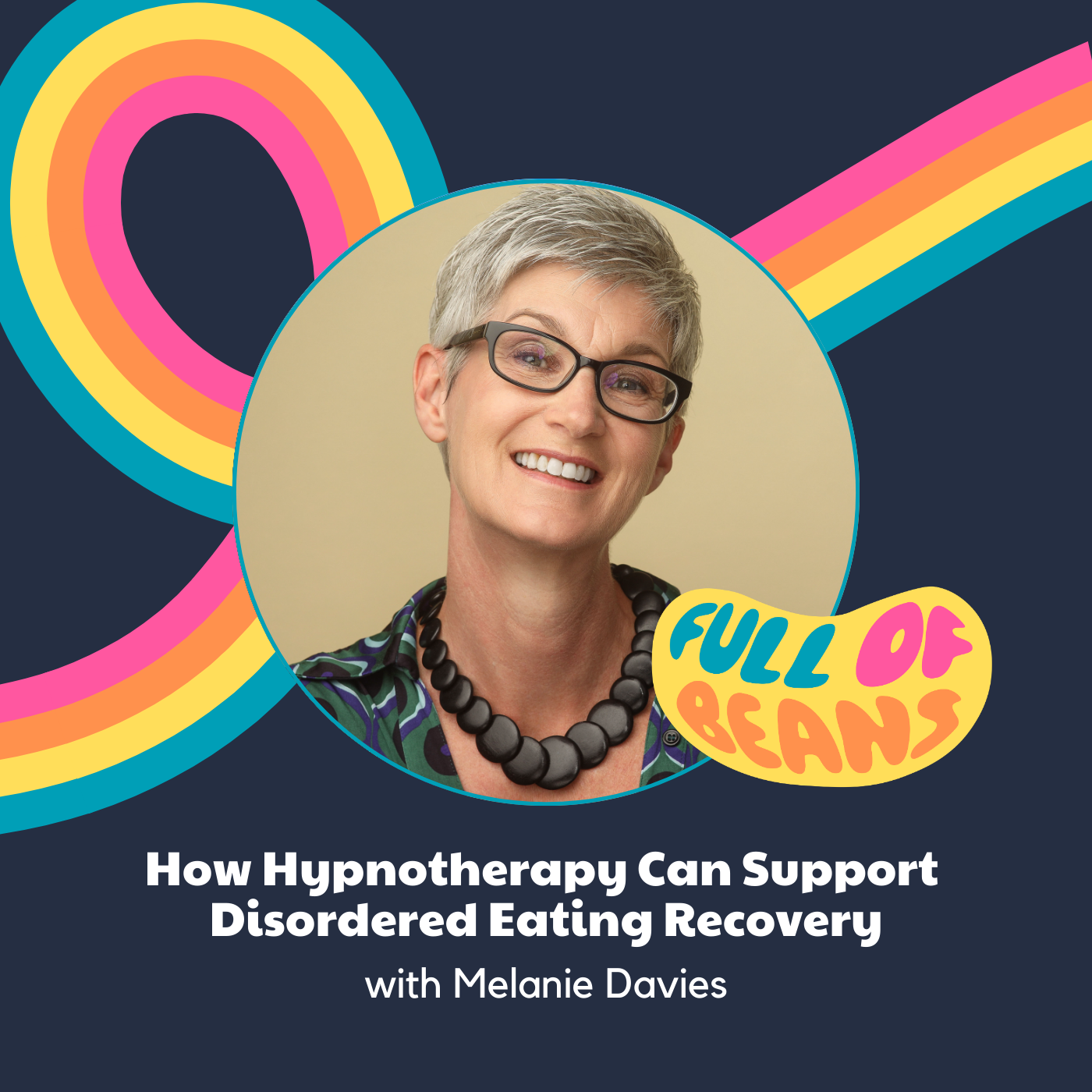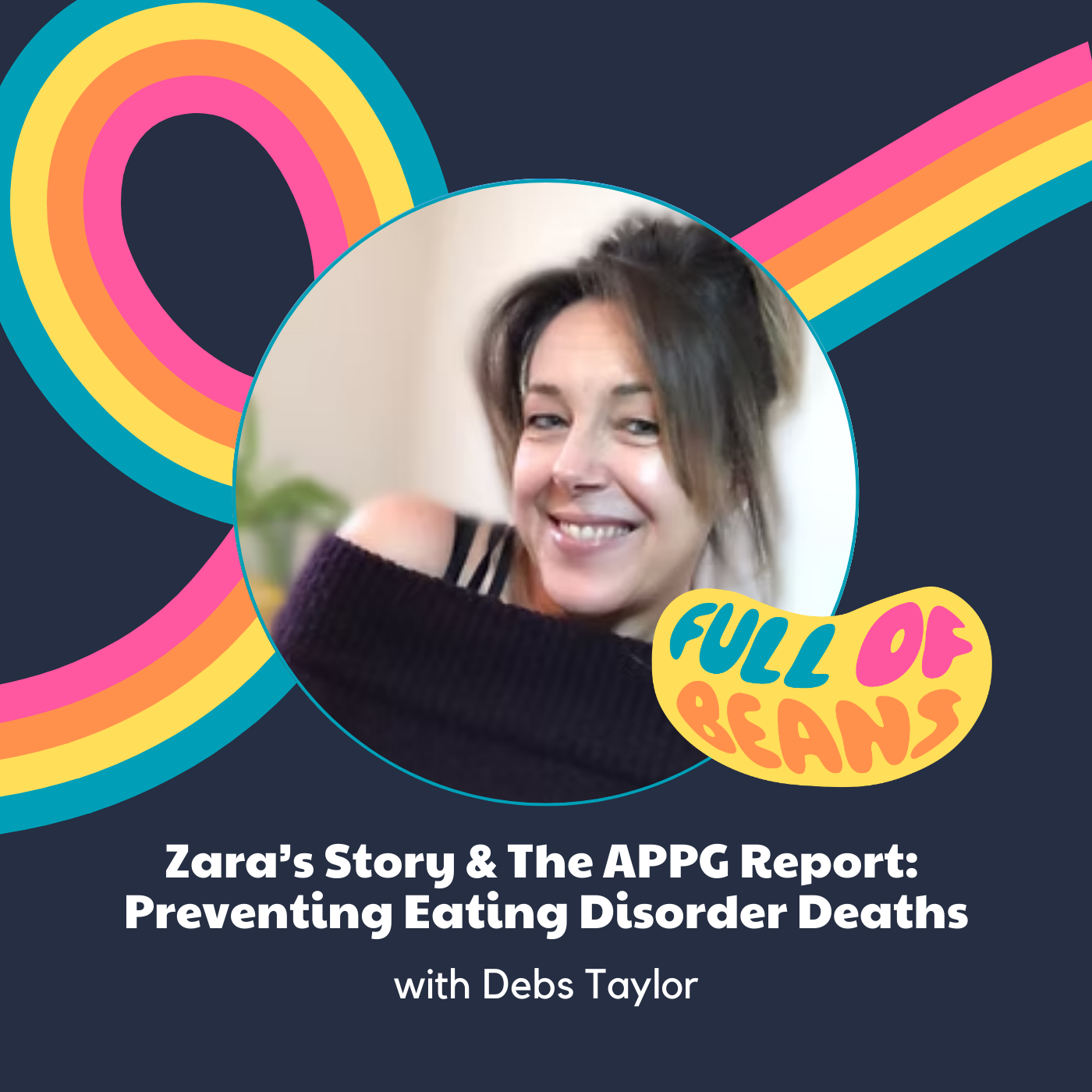The Neurobiology of Body Dysmorphic Disorder
In this weeks episode, Han is joined by Dr Jamie Feusner. Jamie is a Professor of Psychiatry at the University of Toronto, and is the principal investigator in the Brain, Body & Perception Research Program. The clinical research at the Brain, Body & Perception Research Program aims to understand the brain's basis of perception, emotion, and reward across conditions involving body image, obsessions, and compulsions.
The main research topics of the Brain, Body & Perception Research Program are Body Dysmorphic Disorder (BDD), Obsessive-Compulsive Disorder (OCD), and Anorexia Nervosa (AN).
In this weeks episode we discuss:
-
What is BDD?
-
How Jamie got interested and started researching BDD.
-
The link between OCD, AN and BDD.
-
The brain region activation difference between someone with BDD and healthy controls.
-
The difference in structures in the brain of individuals with BDD, and how they contribute to BDD symptoms.
-
The importance of insight in BDD and how it can support an individual.
-
The role SSRIs can play in improving the symptoms of BDD.
-
The treatment options available for BDD, and the complexity of this are due to the involvement of many different parts of the brain.
-
The next step in Jamie's research, using TMS to increase the brain's plasticity, which may improve the behavioural interventions provided for BDD. As well as eye movement, emotions, and brain connectivity.
If you would like to find out more information about the Brain, Body & Perception Research Program and Jamie's research, you can find more information here:
-
Website: https://bbp.lab.utoronto.ca/
-
Twitter: @BDD_anorexia
Please note that this podcast discusses behaviours specific to eating disorders, body dysmorphic disorder, and obsessive-compulsive disorder. Please check in with yourself along the way, and note that this episode should not be replaced for clinical advice and support.

